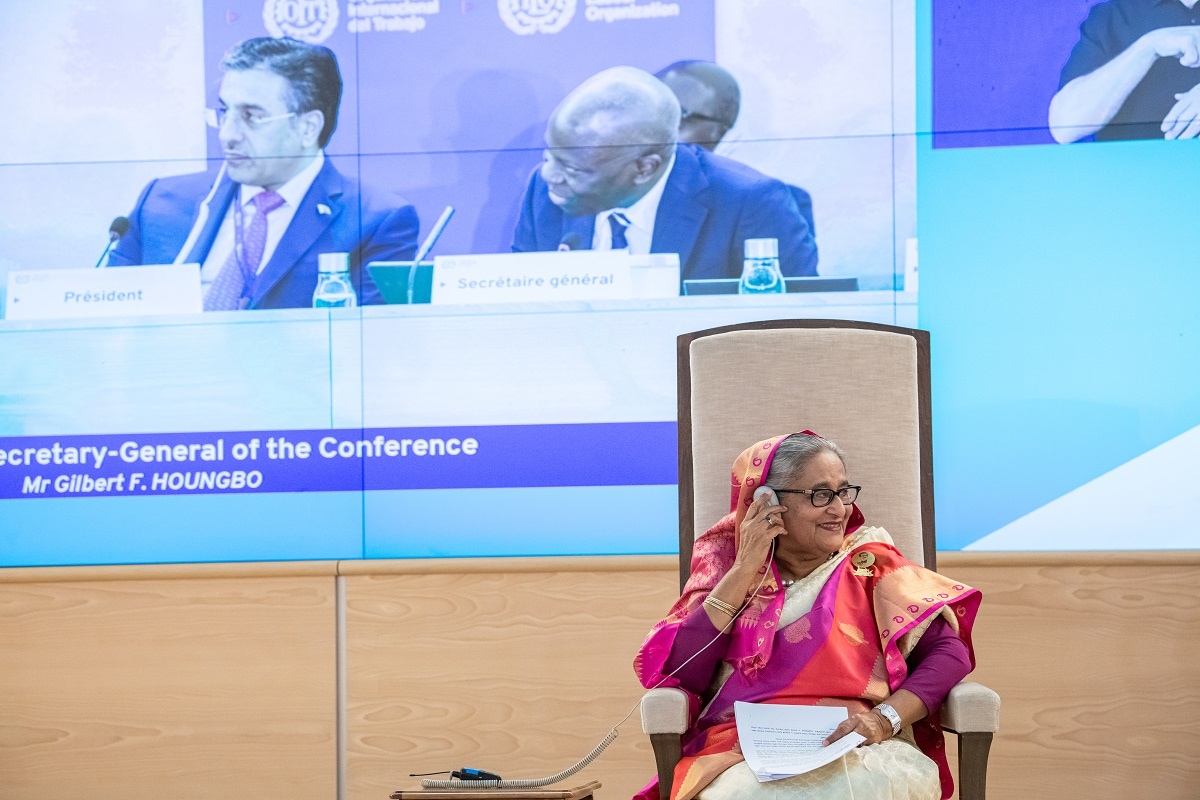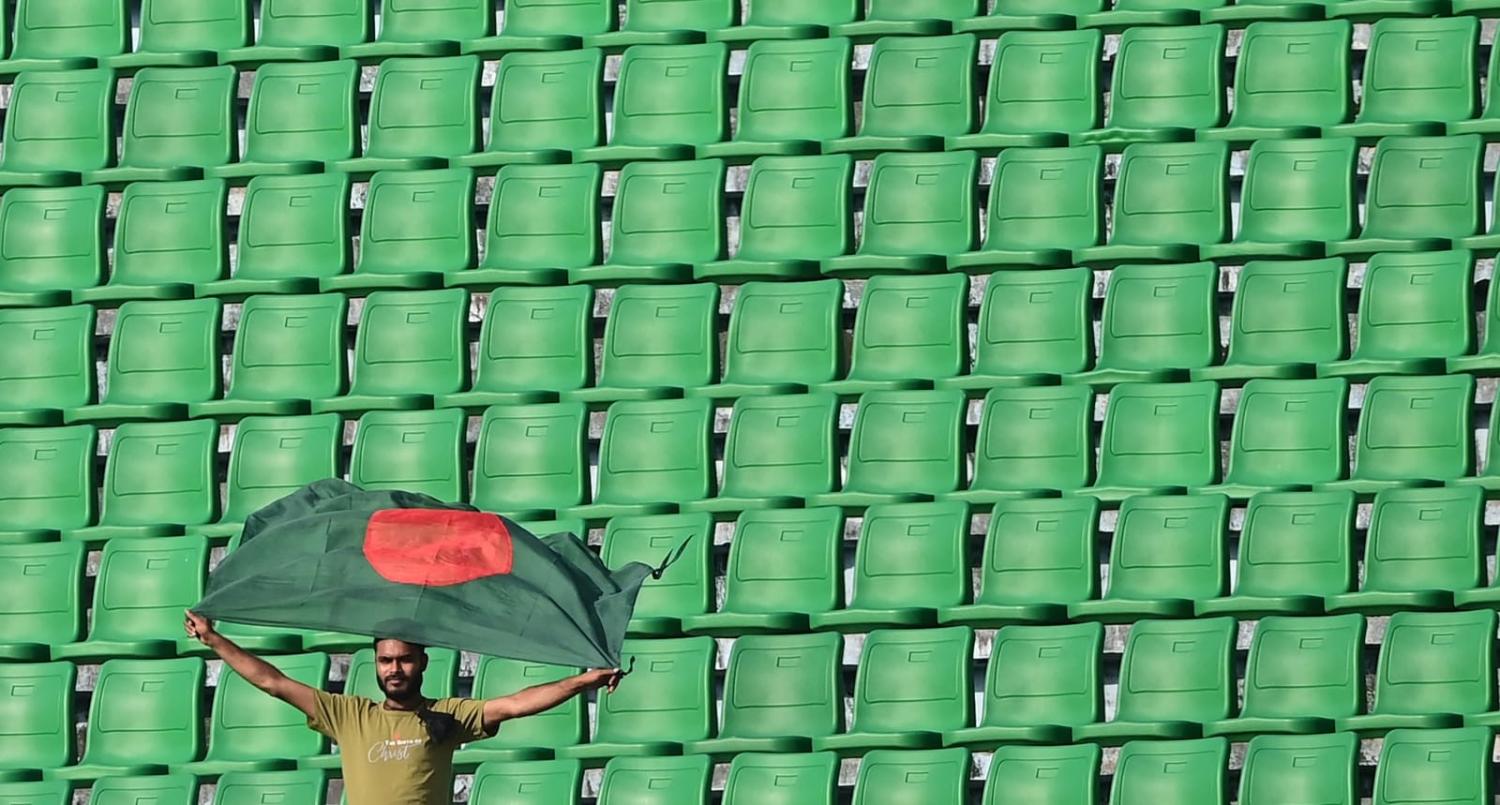India declared its goal as G20 president and host this year to be “Vasudhaiva Kutumbakam” (One Earth - One Family - One Future). On the surface, this seems like an agenda based on global inclusivity, but in the background sits India’s far-fetching ambitions to solidify its influence as a leader of the Global South. The Modi government has obviously dreamt big and will bring a series of new partners to the table for the 9-10 September leaders’ summit in New Delhi, including Egypt, Mauritius, Nigeria and Oman.
But one additional guest holds special importance: neighbouring Bangladesh will make its first appearance at a G20, and is also the only South Asian country to be invited to the summit this year.
Bangladesh, having for years been regarded as a strategic backwater, now finds itself part of a global shift in geopolitical focus to the Indo-Pacific region. The country has also seen exponential economic growth. Bangladesh ranks as the world’s 35th-largest economy and a steady GDP growth rate has the country, with a population of 160 million people, projected to become the 23rd-largest economy by the middle of the century.
For India, Bangladesh is the regional hub that connects Nepal, Bhutan, Myanmar and China through both land and sea. So New Delhi intends to invest in Bangladesh to build regional resilience that can also balance China’s increasing affinity in the region.

Bangladesh already makes a substantial contribution to India’s tourism industry and is seen as a commercial access point, shown by a connectivity meeting between Japan, Bangladesh and India in April. While shared water rights have long been contentious, India has energy goals aligned with Bangladesh. In March, the two countries inaugurated a 130-kilometre pipeline to carry diesel fuel from a hub in Siliguri, in the Indian state of West Bengal, to Parbatipur in northern Bangladesh, backed by Indian funds. Dhaka has also been influential in seeking to quell fighting in India’s northeast regions.
It is understandable from India’s perspective to make Bangladesh the centrepiece of its “neighbourhood first” policy. The border Bangladesh shares with Myanmar positions the country as the bridge between South Asia and Southeast Asia, and its location at the Bay of Bengal makes it a littoral state in the Indian Ocean, which carries an increasing amount of global trade.
But India is far from the only country pitching for Bangladesh’s attention.
China seeks influence and has included Bangladesh as part of its Belt and Road Initiative. Investment, growing trade and transport links, and political alignments appear part of a strategy for China to both create influence in the Indian Ocean and create alternate routes to the Strait of Malacca. Whereas the United States has highlighted concerns over electoral developments and human rights in Bangladesh, and while there are murmurs of inviting cooperation with the Quad, China’s non-interference policy and Bangladesh’s non-alignment policy have helped smoothed out their relationship.
Bangladesh has been careful not to choose sides. The country continues to maintain its relations with the major powers including Russia and the United States as they contest the war in Ukraine.
And Bangladesh has its own priorities: the Rohingya refugees in the country, the need for local infrastructure, alleviating poverty and, like other former colonies of the Global South, to be a player instead of a pawn in the game. Dhaka will steer cautiously through multilateral platforms such as the G20 but its seat at the table is part of the global shift in power politics.

